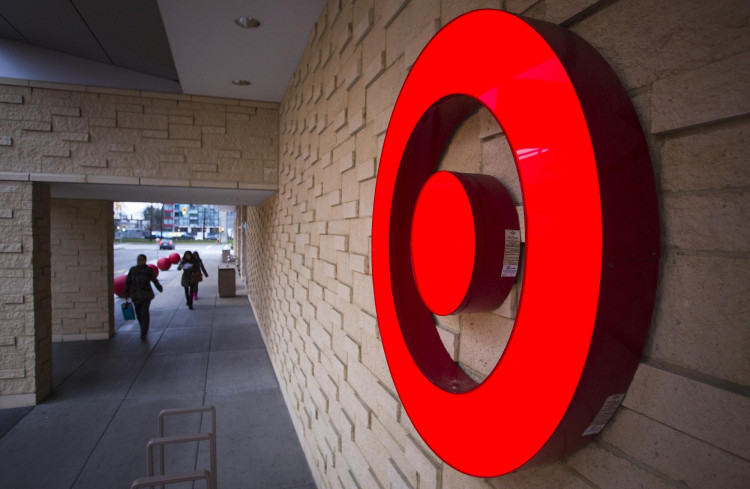Target (TGT) missed the mark in its first-quarter earnings report, as inflation-battered U.S. households continue to avoid purchasing non-essential items. The company's shares fell 7% in pre-market trading on Wednesday following the disappointing results, which CEO Brian Cornell attributed to the "biggest challenges" Target is hearing from its shoppers: "inflation in food and household essentials."
On a call with reporters, Cornell emphasized that inflation is putting a "strain on the consumer wallet," leading to a decline in both traffic and transactions at Target's physical stores. The company's expansive supercenters saw a particular weakness in discretionary departments such as home goods, as sales trends "normalize" in categories where inflation has eased.
As a result of the store sales slump, Target CFO Michael Fiddelke stated that the company is planning the business "conservatively" for the remainder of the year. Stifel analyst Mark Astrachan noted that while fiscal 2024 consensus is likely to remain largely unchanged, Target shares could underperform given the slightly lower-than-expected earnings per share and operating income, as well as heightened expectations following better-than-feared results in recent quarters.
In an effort to close the gap with better-performing rival Walmart (WMT), Target unveiled a plan on Monday to slash prices on 5,000 items, including milk, meat, and bread. The company has already lowered prices on about 1,500 items and will continue this initiative into the summer.
Target's earnings rundown revealed a 3.1% year-over-year decline in net sales to $24.5 billion, a gross profit margin of 27.7%, and a 1% decrease in diluted earnings per share to $2.03. Comparable sales fell 3.7% year-over-year, with digital comparable sales rising 1.4% and store comparable sales dropping 4.8%. The company also reported a 7% decrease in inventory from the prior year and did not repurchase any of its stock in the quarter, despite having $9.7 billion left on a prior buyback authorization.
Looking ahead, Target projects second-quarter earnings per share of $1.95 to $2.35 and expects comparable sales to be unchanged or up 2%. For the full year, the company reiterated its prior guidance of earnings per share between $8.60 and $9.60.
The disappointing earnings report highlights the challenges Target faces in maintaining its reputation for "cheap chic" merchandise amid surging prices. The company's core middle-class customer base has been strained by inflation, leading to a pullback in discretionary goods in favor of groceries and everyday essentials. This trend has been particularly detrimental to Target, which stocks more non-essential merchandise compared to competitors like Walmart and Costco.
To lure back shoppers, Target has taken steps to cut prices on key items and introduce new house brands, such as Dealworthy, which aims to compete with dollar stores and Walmart by offering a budget-friendly lineup of 400 items.
Despite these efforts, Target's "Tar-zhay" luster has faded as inflation continues to bite, with the company reporting its fourth consecutive quarter of sales declines. The chain's merchandise mix and higher prices compared to rivals have contributed to its slump, as more than half of Target's merchandise is discretionary, while Walmart derives around half of its sales from groceries.






